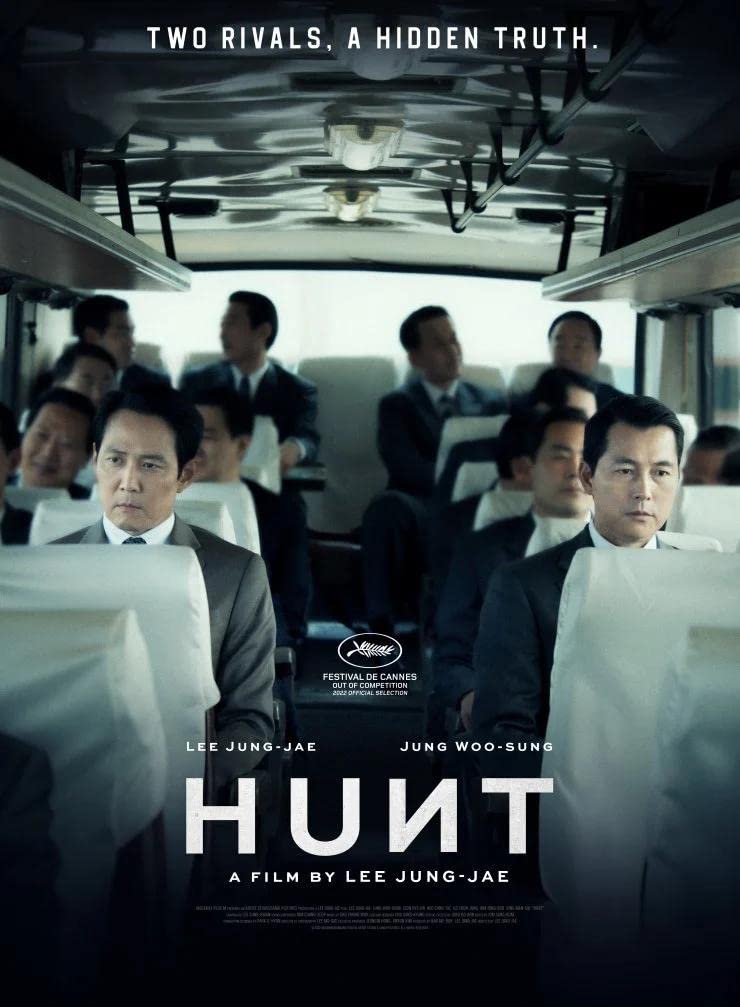“Squid Game” Emmy champ Lee Jung-jae stars and coordinates the current week’s unstable blockbuster “Chase,” a film about twofold and triple crosses in a government operative game among North and South Korea during the 1980s. Partially through Lee’s film, I understood I had totally lost track of the thread of who was a hero and who was a miscreant, however I believe that is deliberate. This film is about men in very much custom fitted suits who should continually decide whether the equipped individual close to them is their ally or potentially battling for the foe.

While a portion of the activity successions are all around organized, especially the last hazardous one, the tangled screenplay by Jo Seung-Hee falls under the heaviness of such a lot of double dealing. “Chase” has some amazing bang idealism, however it’s at last too shallow to even consider suggesting.

Lee plays Park Pyong-ho, a South Korean official who is seen thwarting a death endeavor in the hazardous opening scene, yet his kindred official Kim Jung-do (Jung Charm sung) shoots the suspect, meaning they can’t make quick work of the plot. Was this deliberate? Is it safe to say that he is concealing something the shooter could have uncovered? “Chase” sets up right off the bat that there’s a North Korean mole in the activity and believes us should continue to figure on the off chance that it’s Pyong-ho or Jung-do behind the surveillance as the two men with a common vicious past likewise become progressively dubious of each other.

There’s nothing else to it, yet it prompts many successions of moving loyalties, as a rule intercut with rough activity. Allegations — blasts — allegations — gunfire — allegations … you understand. Everything gets somewhat debilitating, and Lee’s relentless hyperactive cutting and moving camera don’t help. He shoots large numbers of the exchange driven scenes with a similar frenzied inclination as the activity. This is the bending account of something like “Diabolical Undertakings” (which was revamped as “The Left”) however without the specialty and multiple times the turmoil. It turns into an undeniably troublesome film to think often about narratively, and Lee’s as a matter of fact aggressive eye for activity doesn’t redress.

There are motivations to trust Lee’s sophomore exertion may be more grounded. He’s plainly major areas of strength for an of entertainers, as Jung is especially great here — I found his moving steadfastness and presence more fascinating than Lee’s. Furthermore, once more, when shots begin to fly, the film some of the time accomplishes a coarse activity skepticism like the movies from the period in which it happens. There’s an unforgiving authenticity to a portion of the activity scenes as bodies fly, and sets get torn separated by shots. It isn’t so much that cutting edge, excessively adapted activity tasteful that was generated by so many “John Wick” imitators however much something that feels like it’s perilously unfurling before you.

The issue is that it’s difficult to try and monitor who’s having chance. At the point when every one of the bodies have fallen, there are two or three critical scenes in “Chase” — a grouping with a potential deserter is masterfully gathered, and the last significant one is a stunner — however you’ll experience difficulty recalling a large part of the plot. Obviously, that is assuming you could follow it in any case.

Leave a Reply